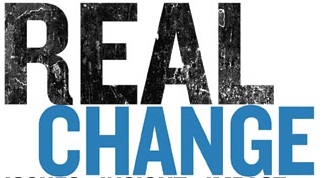Signs of Needing Recovery
Signs of needing Recovery
- Behavior that sabotages successful management of our lives
- Feeling the necessity to shut down feelings and to keep everything inside. (As children we learned that expressing our own wants and needs resulted in rejection. This in turn fueled intense feelings of inadequacy. No matter how hard we tried things only got worse). When we express our needs we risk being rejected.
- low self esteem
- insecurity, anxiety
- Trying to save face rather than to acknowledge reality and accept the consequences of our actions. Hiding from our true feelings by staying “busy.” By staying busy we allow ourselves to ignore our true feelings and thus deny them.
- Tendency to isolate
- Need to be approved of by others. Being loyal to others even when loyalty is not deserved or warranted.
- Easily intimidated by others.
- confusing pity with love
- giving in to others rather than taking care of our own wants and needs.

Signs of Needing Recovery Read More »







 people prefer the ‘good old days’ when they were more compliant and self-sacrificing. Unpleasant emotions, once medicated with addictive substances or processes, may be experienced as threats to relationships that have adapted over the years to the insanity of addiction. Some people in recovery experience hostility when they start telling the truth in social systems which have been committed to silence for generations. Other people experience shame and rejection when people are skeptical about or merely uncomfortable with the changes that recovery brings.
people prefer the ‘good old days’ when they were more compliant and self-sacrificing. Unpleasant emotions, once medicated with addictive substances or processes, may be experienced as threats to relationships that have adapted over the years to the insanity of addiction. Some people in recovery experience hostility when they start telling the truth in social systems which have been committed to silence for generations. Other people experience shame and rejection when people are skeptical about or merely uncomfortable with the changes that recovery brings.
 Recovery involves the entire person: spiritual, physical, emotional and mental. You can recover from abuse, addiction, eating disorders, anxiety, shame, guilt, anger, alcoholism, codependency, suffering, grief, depression and more!
Recovery involves the entire person: spiritual, physical, emotional and mental. You can recover from abuse, addiction, eating disorders, anxiety, shame, guilt, anger, alcoholism, codependency, suffering, grief, depression and more!